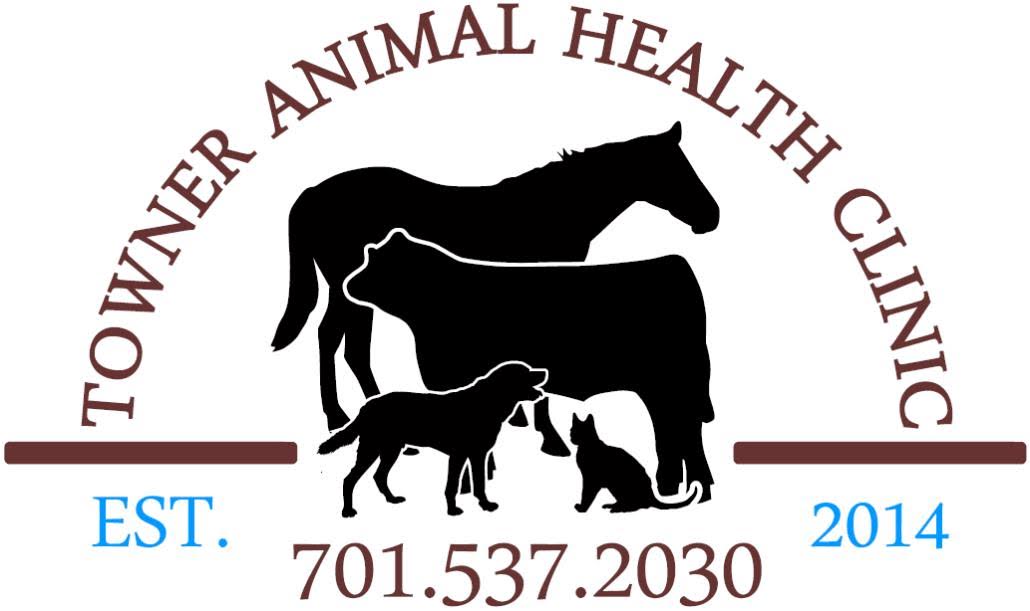Library
-
Many dogs experience fear associated with veterinary visits. Once recognized, fear can be reduced with gentle handling techniques and structured behavior modification exercises such as desensitization and counterconditioning. Medications that reduce anxiety can be given before the visit, while full sedation may be needed for some fearful dogs or certain procedures. Over time, dogs can learn to cooperate in their care.
-
This handout provides a brief overview of the most common evidence-based modalities used in veterinary medicine. Pet owners need to discuss the risk of recommended modalities for their specific pet with a trained and certified rehabilitation therapist before starting a rehabilitation program.
-
Remdesivir is an injectable, antiviral medication used to treat feline infectious peritonitis (FIP) in cats. The injection may be painful or cause swelling or inflammation. Its use is still being evaluated and any concerns should be reported to your veterinarian immediately.
-
Cryptorchidism is the failure of one or both testicles to descend into the scrotum. Risks of retained testicles include testicular cancer, spermatic cord torsion, and the development of undesirable male characteristics, so neutering is strongly recommended.
-
Cryptorchidism is the failure of one or both testicles to descend into the scrotum. Risks of retained testicles include testicular cancer, spermatic cord torsion, and the development of undesirable male characteristics, so neutering is strongly recommended.
-
Retinal detachment can cause sudden blindness or vision changes. It is generally secondary to an underlying condition like high blood pressure. Diagnostics and treatment are discussed. Prognosis is guarded to good depending on the underlying cause.
-
Some dogs have a condition known as paroxysmal respiration, more commonly called reverse sneezing. With this condition, the dog rapidly pulls air into the nose, whereas in a regular sneeze, the air is rapidly pushed out through the nose. The dog makes a snorting sound and seems to be trying to inhale while sneezing.
-
Rifampin is commonly used off label to treat infections in horses, and occasionally in dogs and cats. It is usually given by mouth in the form of a capsule or compounded liquid. The most common side effects are vomiting, diarrhea, or reduced appetite. Liver dysfunction is possible. A change in the color of urine, tears, and saliva to a red/orange color is expected but may stain fabrics. Use with caution in pets that have pre-existing liver disease, are pregnant, are elderly, or are lactating. If a negative reaction occurs, call your veterinary office.
-
Ringworm infections in cats are caused by a fungus, not a worm. They can be easily recognized, though definitive testing by fungal culture is recommended. Ringworm is highly contagious and can be spread between animals and from animals to people. The clinical signs, diagnosis, treatment, and risks are explained in this handout.
-
Ringworm infections in cats are caused by a fungus, not a worm. They can be easily recognized, though definitive testing by fungal culture is recommended. Ringworm is highly contagious and can be spread between animals and from animals to people. The clinical signs, diagnosis, treatment, and risks are explained in this handout.

